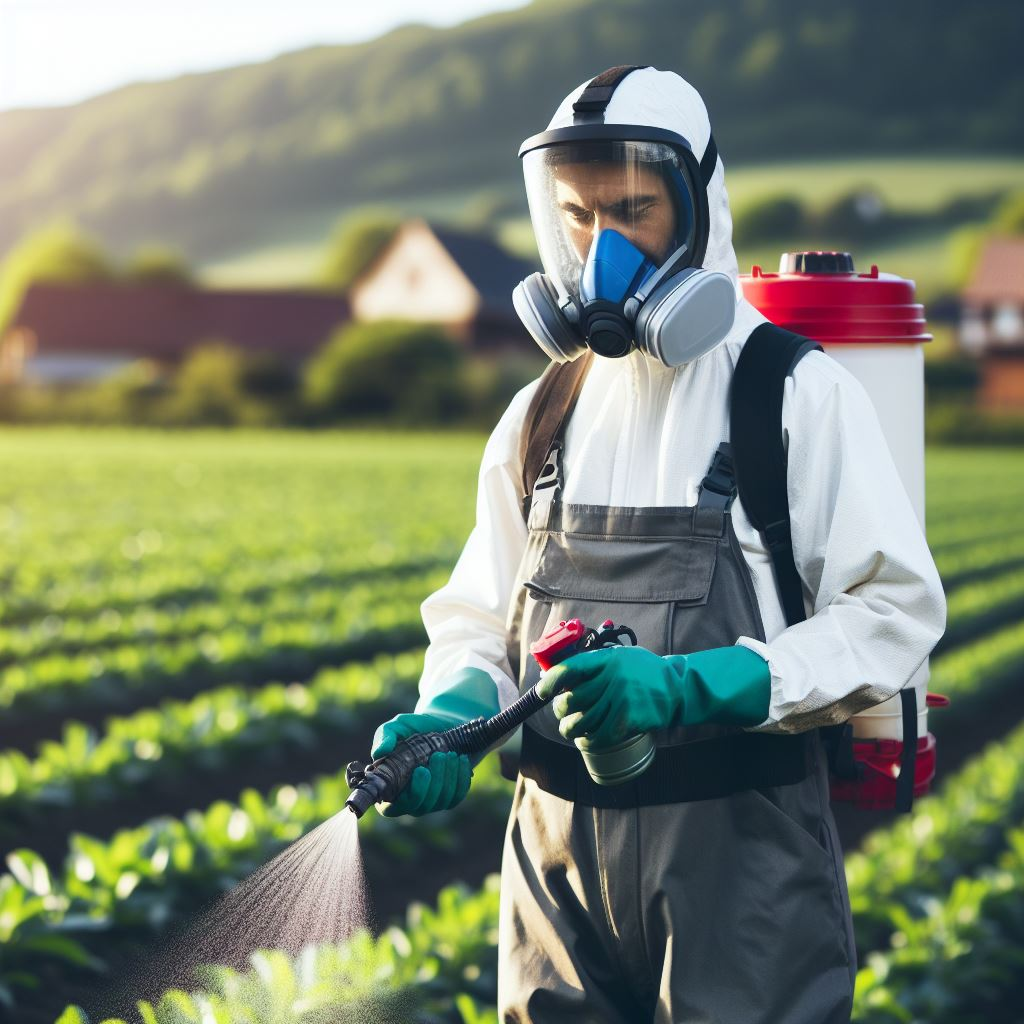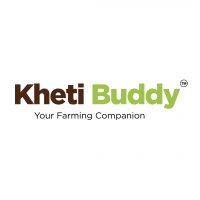What are the 5 Steps of Integrated Pest Management?

Strong 8k brings an ultra-HD IPTV experience to your living room and your pocket.
Integrated Pest Management (IPM) is a holistic approach to managing pest issues that combines multiple strategies to minimize pest damage while reducing reliance on chemical pesticides. Let's explore the five essential steps of IPM that can be applied in agricultural settings.
1. Identification and Monitoring
The first step in IPM involves identifying and monitoring pest populations. This requires regular scouting of fields or crops to detect the presence of pests and beneficial organisms. Farmers and agronomists use various methods such as visual inspections, pheromone traps, and sticky traps to monitor pest levels accurately. By identifying the types of pests present and their population dynamics, informed decisions can be made regarding the best course of action.
2. Prevention
Prevention is key in Integrated Pest Management. By implementing preventive measures, farmers can reduce the likelihood of pest outbreaks. Cultural practices like crop rotation, proper sanitation, and removal of crop residues help disrupt pest life cycles and minimize favorable conditions for pests to thrive. Additionally, selecting resistant plant varieties that are naturally less susceptible to common pests can significantly reduce the need for chemical interventions.
3. Control
When pest populations exceed acceptable thresholds despite preventive measures, control measures become necessary. IPM emphasizes the use of biological control methods as a primary means of pest management. This includes introducing natural enemies of pests such as predators or parasites, or using microbial pesticides that target specific pests while minimizing harm to beneficial organisms. Mechanical and physical control methods like trapping, mulching, or using barriers can also be effective.
4. Decision-Making
The decision-making step in IPM involves setting action thresholds based on pest population levels and potential crop damage. Farmers need to weigh the benefits and risks of different control methods, considering factors such as cost, efficacy, and environmental impact. Integrated approaches that combine multiple control tactics are often favored to maximize effectiveness while minimizing negative consequences.
5. Evaluation
The final step in Integrated Pest Management is continuous evaluation and improvement of pest management strategies. Farmers assess the success of their control measures by monitoring pest levels post-intervention and evaluating the economic and ecological impact. Adjustments are made based on feedback and observations, ensuring that the IPM approach remains adaptive and effective over time.
Conclusion
Integrated Pest Management offers a sustainable and environmentally friendly approach to pest control in agriculture. By integrating various strategies like identification, prevention, biological control, decision-making, and evaluation, farmers can effectively manage pests while minimizing the use of chemical pesticides.
FAQs about Integrated Pest Management
1. Why is IPM important for sustainable agriculture?
IPM promotes long-term pest suppression while minimizing risks to human health and the environment, aligning with sustainable farming practices.
2. How can farmers implement IPM on a small scale?
Small-scale farmers can start by implementing basic practices like crop rotation, maintaining healthy soil, and using organic mulches to control pests.
3. Does IPM reduce the use of chemical pesticides?
Yes, IPM aims to reduce reliance on chemical pesticides by integrating multiple pest management strategies.
4. Are there government programs that support IPM adoption?
Several government programs provide incentives and resources to encourage farmers to adopt IPM practices and techniques.
5. What are the economic benefits of IPM?
IPM can lead to reduced production costs and improved crop yields, resulting in higher profitability for farmers over time.
Note: IndiBlogHub features both user-submitted and editorial content. We do not verify third-party contributions. Read our Disclaimer and Privacy Policyfor details.


